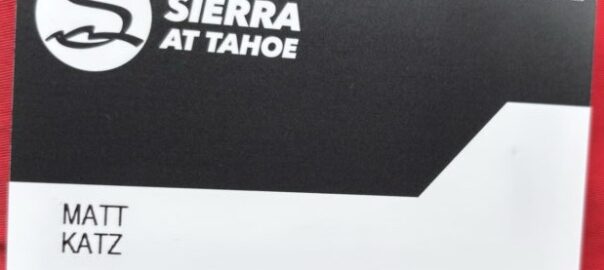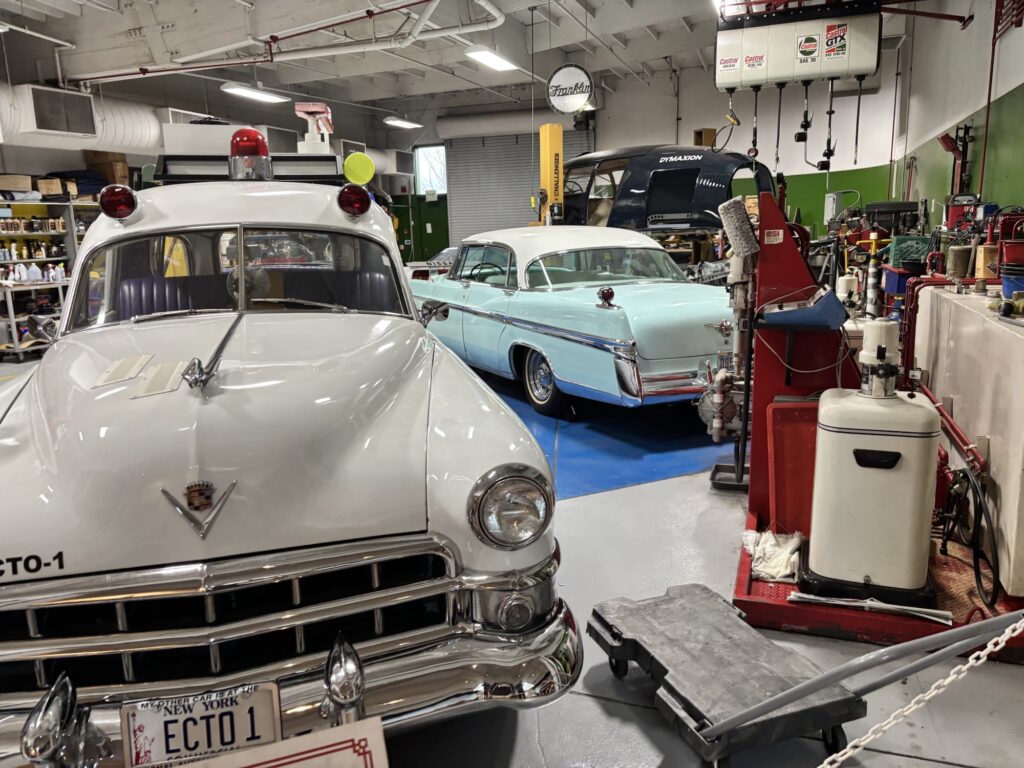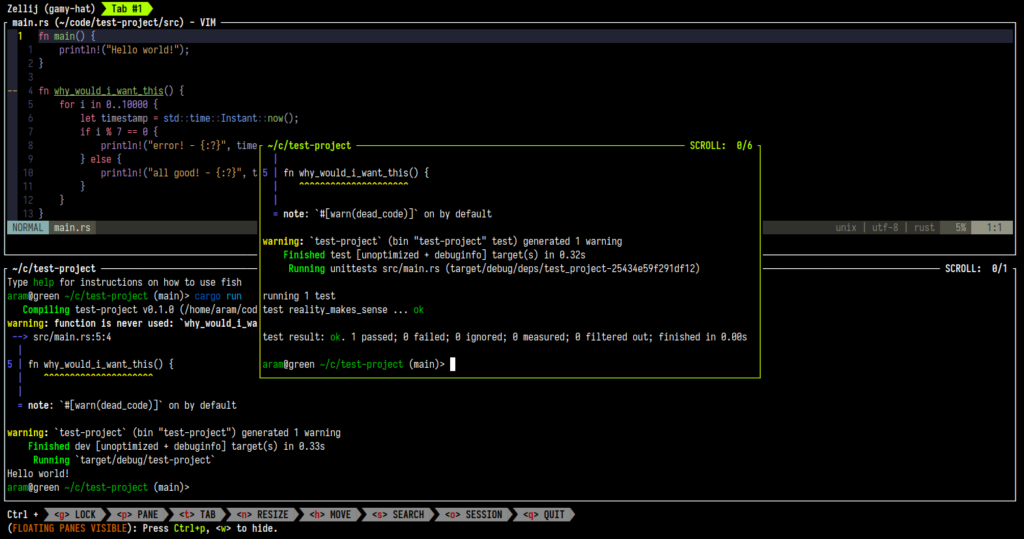I read more (23/20) in 2024 than I expected to, but not as much as I did in 2023 (37/20)!
I liked seeing my “2024 in the books” page on BookWyrm and I can add some more personal notes on it. Of course, I still recommend you switch away from goodreads to a platform built for you and join bookwyrm.
While my 2023 was mostly occupied by 2 fantastic authors, my 2024 was dominated by 1 author.
Heck, one book.
That I still haven’t finished.
I set a goal to read “The Power Broker” by Robert Caro and listen along to the 99 Percent Invisible Power Broker series of podcasts as I read it. This went off the rails a bit because the book is… enormous. It’s a tome. I rarely have time to read at home, so I sneak it when I’m out and about and waiting on something. That means ebooks work for me. I love a paper book so much, but I basically keep a paper book next to a special chair that I can cozy up in and read. But that’s not how I get to spend a lot of my hours. There was no ebook of the Power Broker for sale1. I got a pirated one and started reading.
The pirated copy was of a dismal quality. It was confusing where the chapter were. I plowed far ahead to make sure I didn’t listen to the podcast too early. It was a mess. Finally a friend from my work book club loaned me his copy and it made a huge difference. But I was way off the pace.
I fell off more when I went to Iceland and London this summer, because I couldn’t bring the huge tome with me.
Despite all that, I join the chorus of converts who crow about Caro’s careful cooking of mad Moses’s credibility. It’s sparkles with perfect sentences, paragraphs that build and build a tower and then throw you off the top. Over on BookWyrm I’ve commented on this more and quoted more bits than any other book.
Before we learn about the absolutely vile tricks Moses pulls to steal land from some robber barons, Caro makes sure to set up how truly vile they are as well. Caro makes no secret of Robert’s racism, but amid a long story about the “West Side Improvement” he takes us farther and farther to point out how beautiful the parks are, how custom the details are to blend in. Then he sticks the knife in.
Robert Moses had always displayed a genius for adorning his creations with little details that made them fit in with their setting, that made the people who used them feel at home in them. There was a little detail on the playhouse-comfort station in the Harlem section of Riverside Park that is found nowhere else in the park. The wrought-iron trellises of the park’s other playhouses and comfort stations are decorated with designs like curling waves. The wrought-iron trellises of the Harlem playhouse-comfort station are decorated with monkeys.
— The Power Broker by Robert A. Caro (Page 560)
I’m going to finish this book in 2025. It is already a favorite, one I can’t stop talking about.
I wanted to write more about the books I read in 2024, and I did pretty well. I reviewed on BookWyrm more than on my blog. I’ll redouble my efforts. No one is paying me to do this, no one expects it of me, so I can do as much or as little as I want. Like exercise, I like it when I’ve done it, though doing it is a hassle that requires discipline. (Speaking of exercise, I came close, but did not achieve my fitness goal for 2024. I’ll nail it in 2025. I’m going to do 2 one arm pull ups on each arm.)
Here are the books that I wrote about:
- The full Scholomance Series by Naomi Novik (A Deadly Education, The Last Graduate, The Golden Enclaves)
- The book that was most loathed and complained about in my book club, The Tangled Lands. They are wrong, this is great, but very sad.
- How Big Things Get Done – the most valuable for work. (Though a single story about “The Orange Juice Test” is a close contender.
- How Infrastructure Works – which let me think about what’s hidden and what’s thought about vs what’s not considered. More philosophy and meaning than I expected!
- The darkest book. Killers of the Flower Moon. Coffin dirt and the devil’s eyes.
- I really enjoyed The Dispossessed – it pairs well with the Power Broker in a conversation.
- I didn’t think Fables was that great. I didn’t think it was great when it first came out, but since I got the whole thing as a gift I read it. It’s… ok.
- Several People are Typing made me actually laugh out loud. It was a great weird semi-work-horror-comedy.
- Unity is a fast fun wild rollercoaster that combines fave topics like distributed consciousness and nanogoo. Highly recommended.
- Tender is the Flesh was absolutely brutal. From the first pages it is very uncomfortable and it gets worse the farther it goes.
In 2025 I’ll shoot for another 20 books and hopefully get more in again! Setting low bars lets me keep winning!




